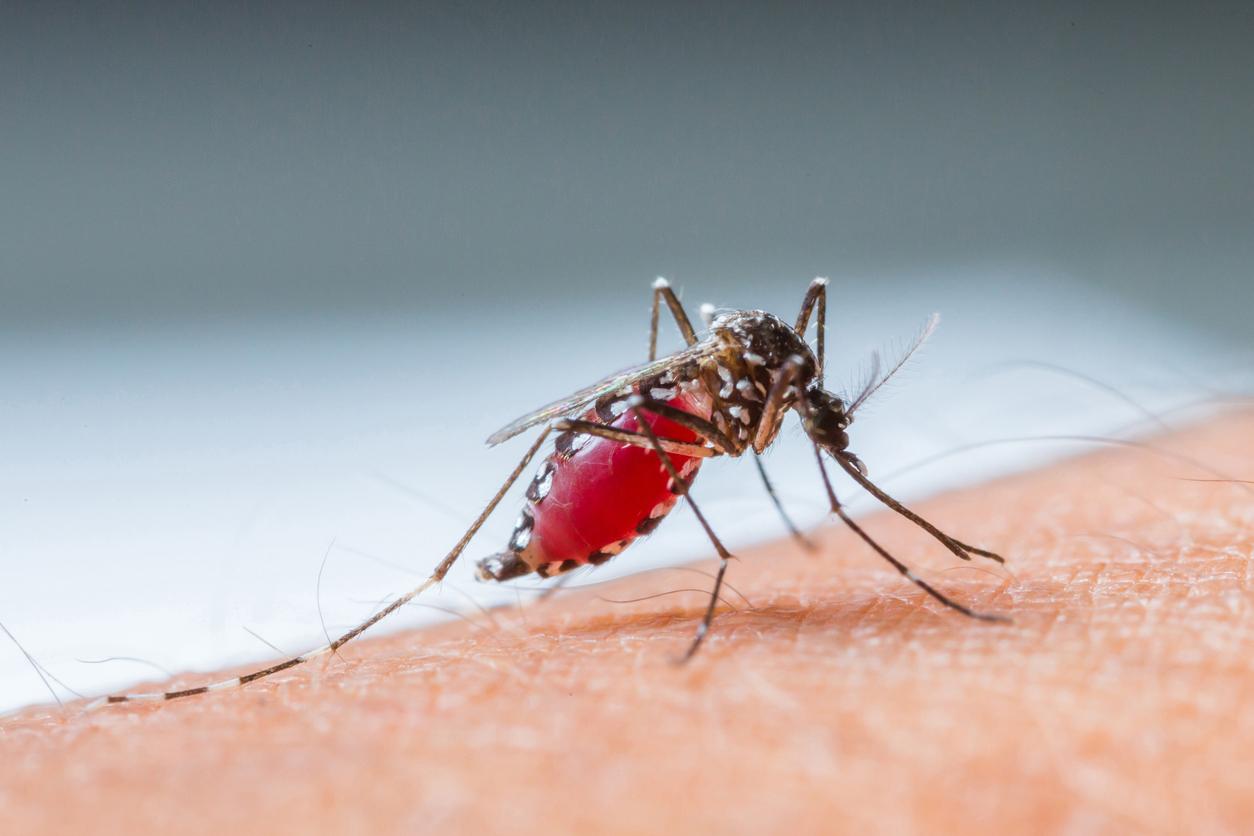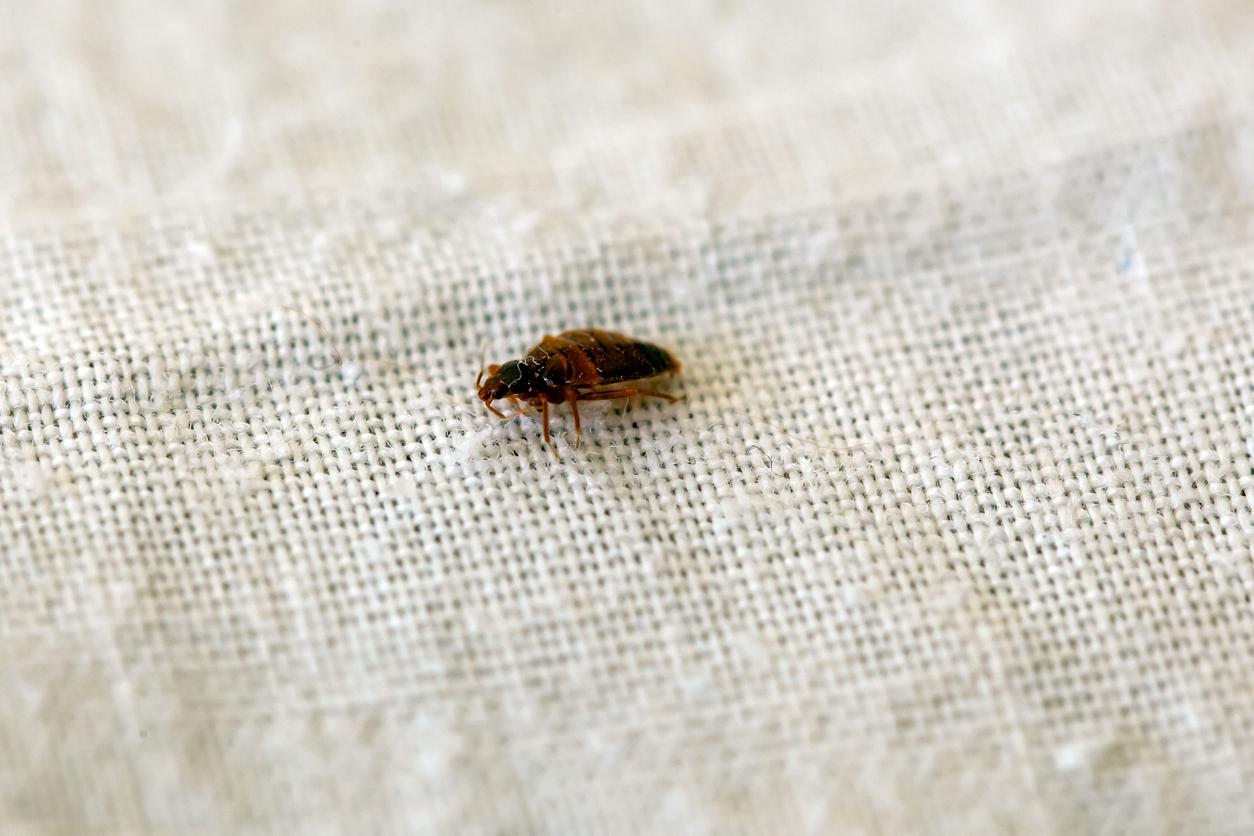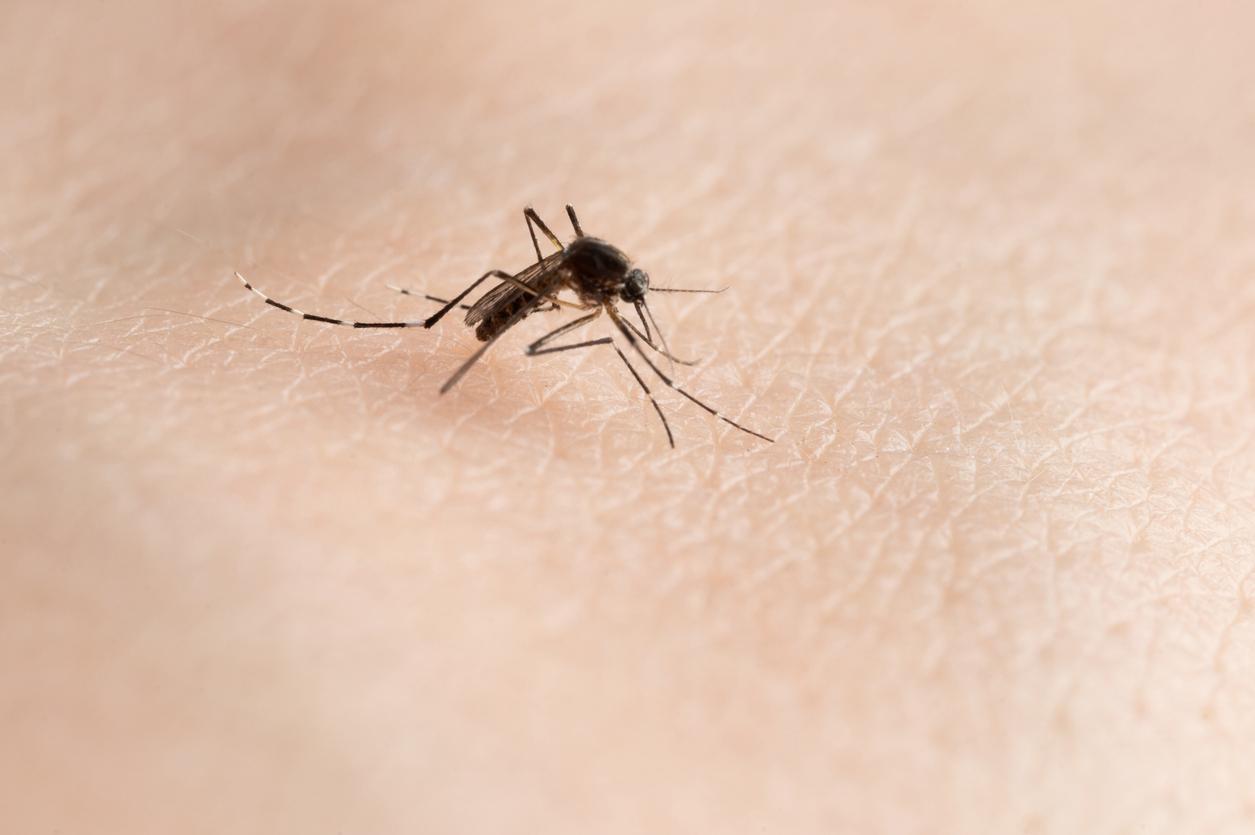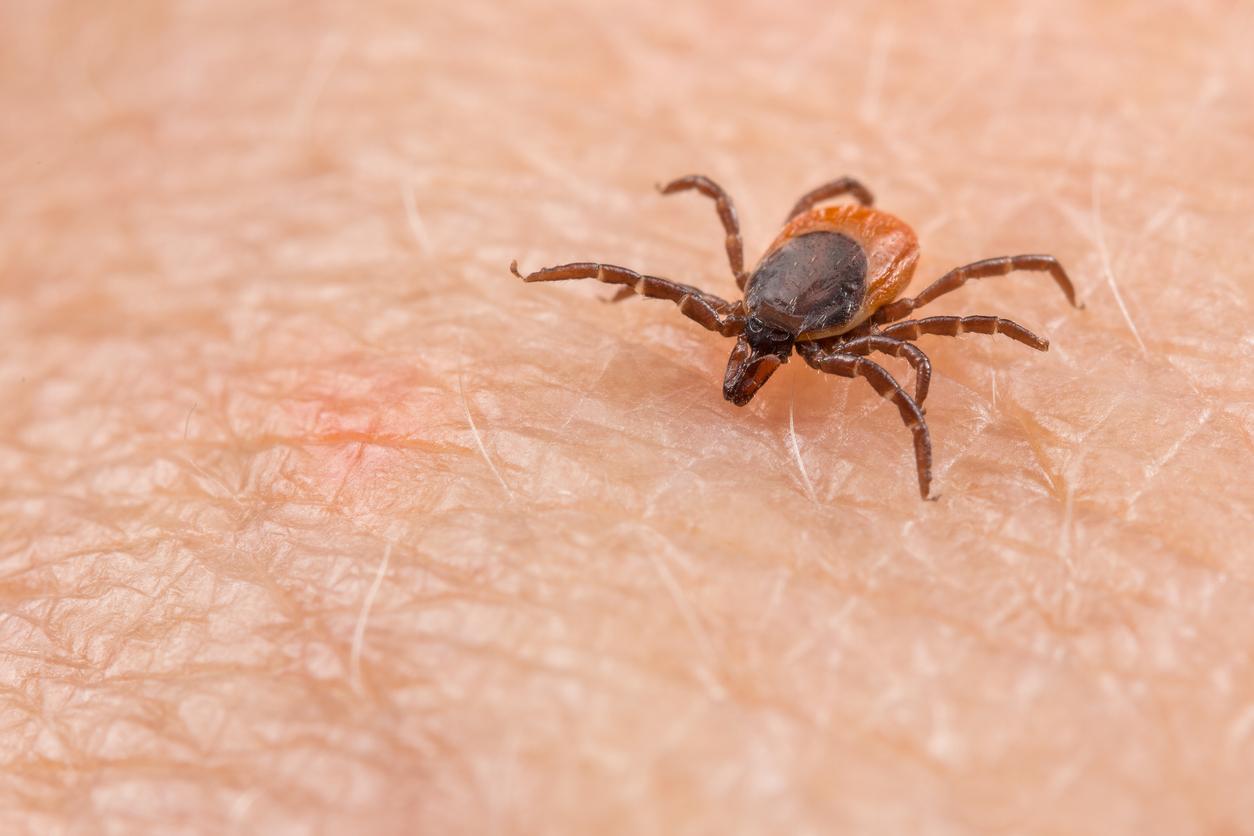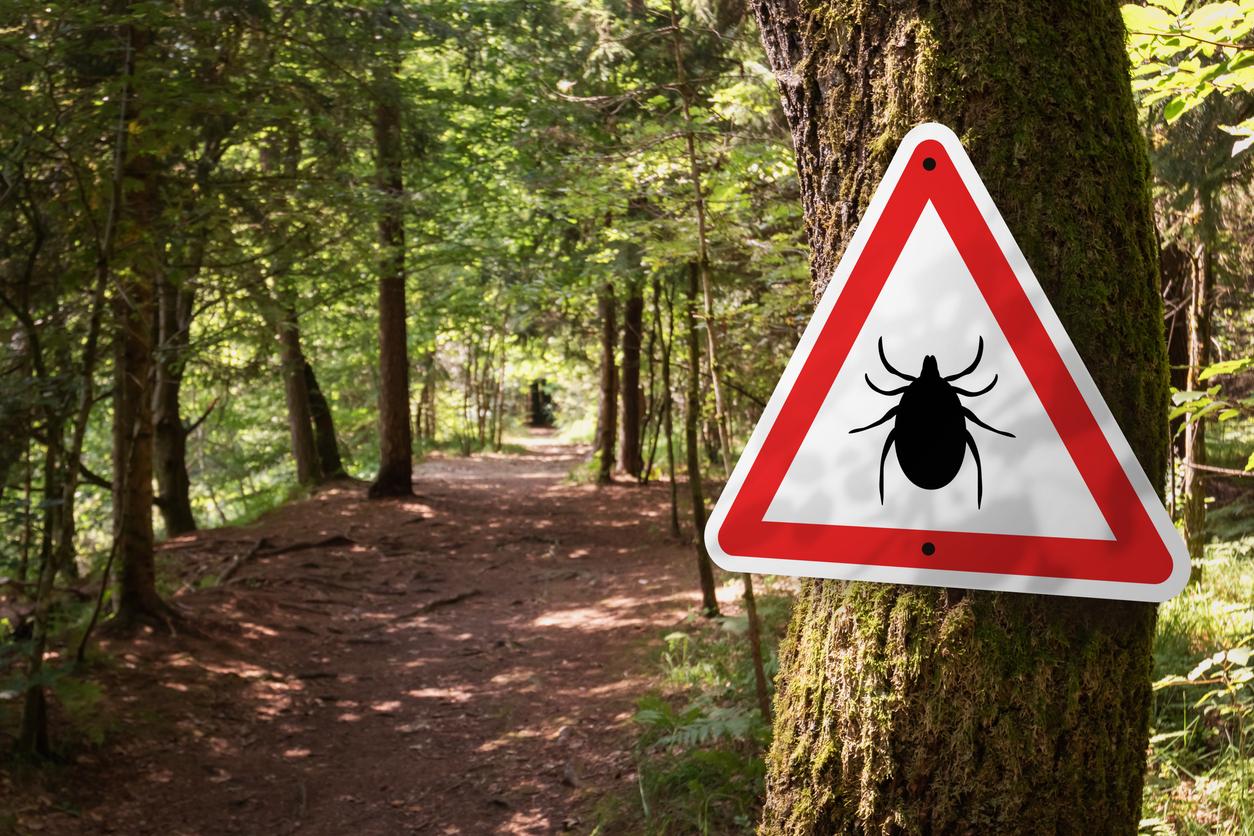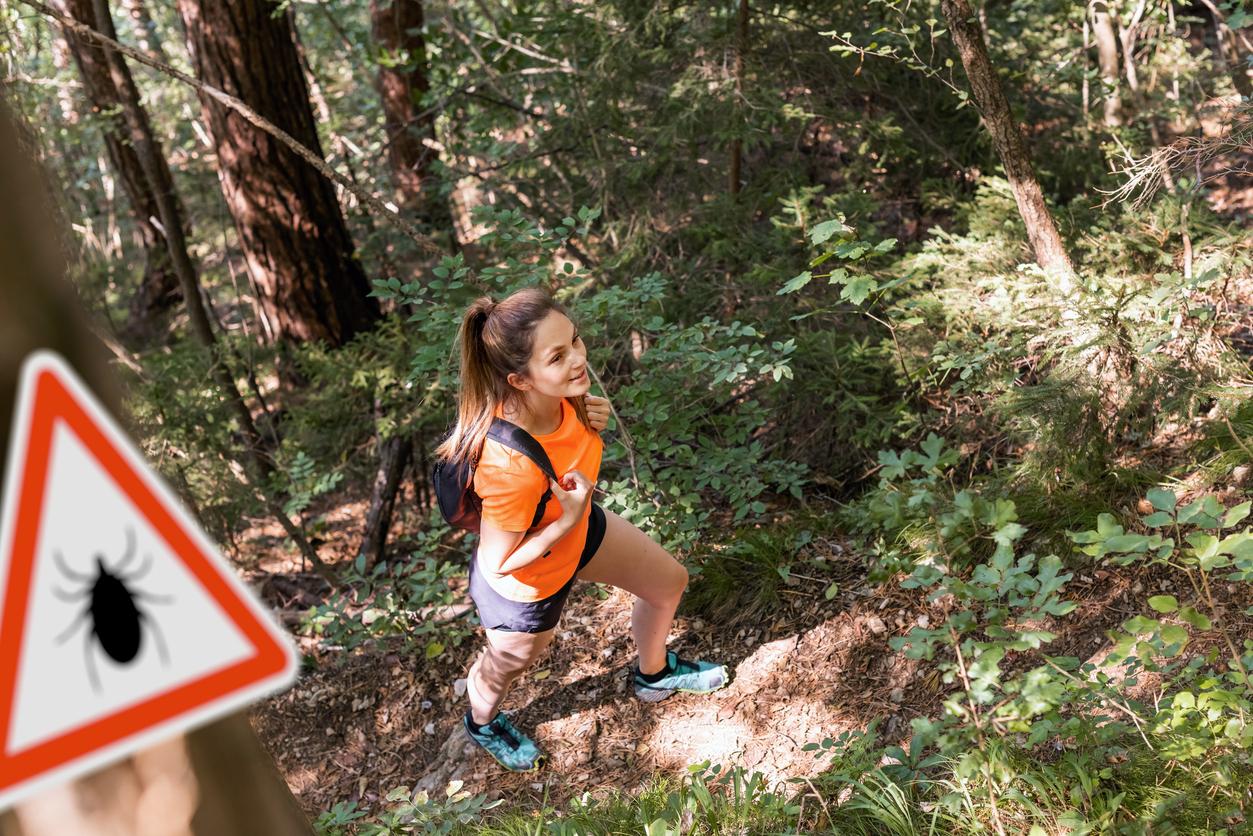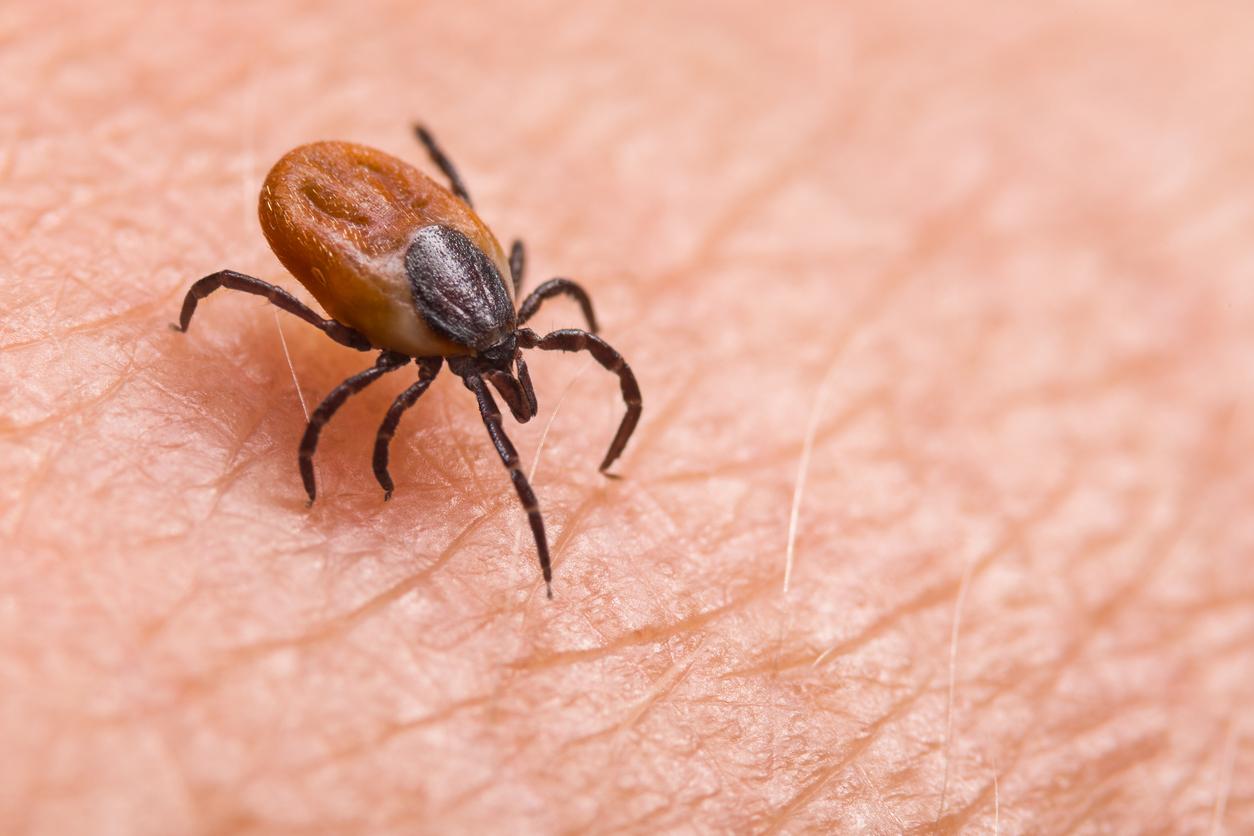Public Health France draws up the first assessment since the compulsory declaration of cases of tick-borne encephalitis, generally caused by tick bites.
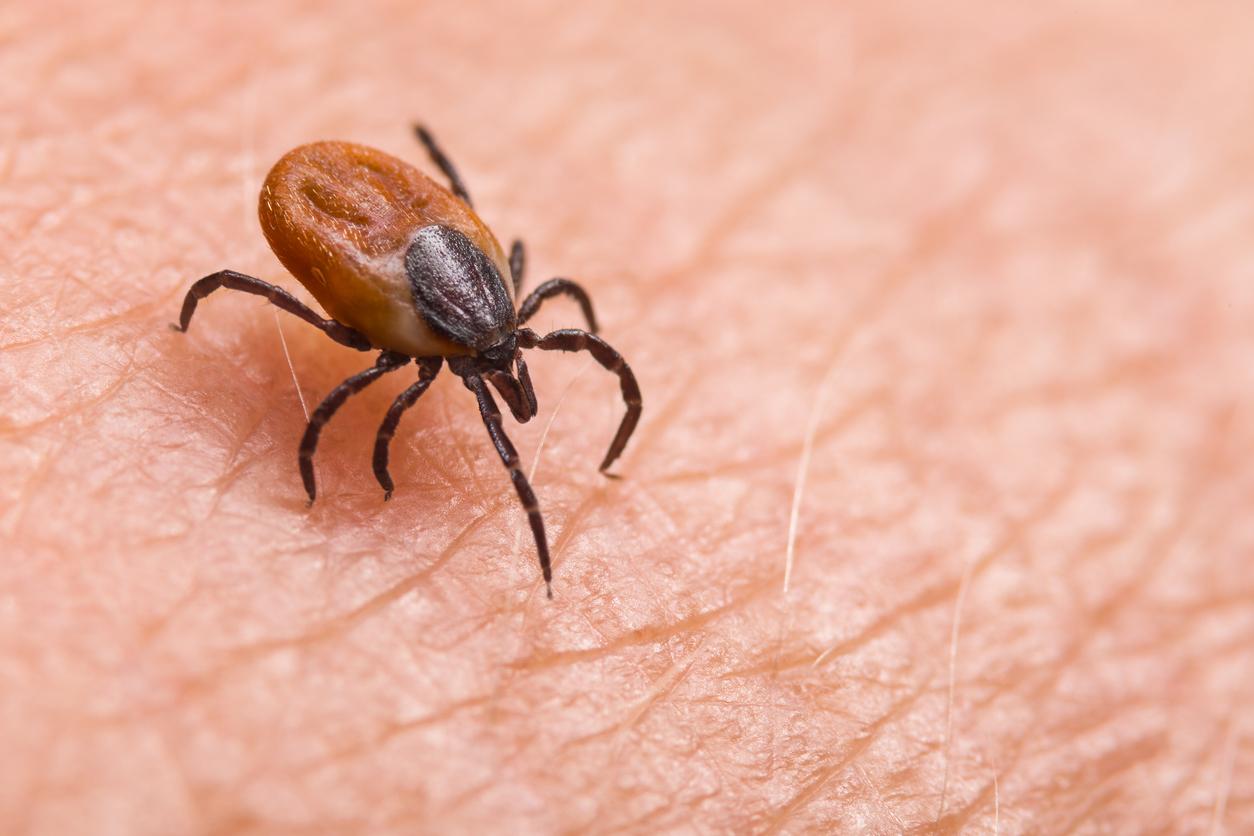
- In France, between May 2021 and May 2023, there were 71 cases of tick-borne encephalitis.
- 86% of the cases were said to be “indigenous”.
- 4 cases were children under 16 years old and 15 infected people were over 65 years old.
Between May 2021 and May 2023, there were 71 cases of tick-borne encephalitis in France, according to the first report published by Public Health France since this disease was added to the list of notifiable diseases (MDO) in May 2021. In detail, there were 30 cases in 2021, 36 in 2022 and 5 in 2023.
86% of tick-borne encephalitis cases are indigenous
As a reminder, tick-borne encephalitis is an infection that affects the central nervous system, that is to say the brain and the spinal cord in a significant proportion of cases. Patients contract this disease after being bitten by a tick carrying the virus, especially during outdoor activities, in wetlands and/or in woods, forests, etc.
For 40% of sick people, there may be neurological sequelae for several years. Other lessons from this first report: 14% of the 71 cases were infected in a country “at risk” but the vast majority – 86% – of the cases were said to be “indigenous”, that is to say that they had not been in areas at risk.
Tick-borne encephalitis: 94% of hospitalized cases
According to Public Health France, 15% of sick people exercised professions exposing them particularly to tick bites such as, for example, horse breeder, forester, horticulturist, etc. Of all those who were infected, 94% were hospitalized but there were no deaths. Finally, four cases were children under the age of 16 and fifteen were over the age of 65.
To protect yourself from tick bites, Public Health France recommends covering yourself, by wearing long clothes without leaving areas accessible to ticks (tuck the bottom of your pants into your socks, for example) and covering yourself with a hat. In the forest it is better “stay on paths and avoid brush, ferns and tall grass”.
Between 5,000 and 13,000 cases of tick-borne encephalitis are reported each year worldwide, according to Vaccination info service. In France, the area where the virus circulates most actively is the Auvergne-Rhône-Alpes region, Haute-Savoie being the department that has reported the most cases over the past two years.









